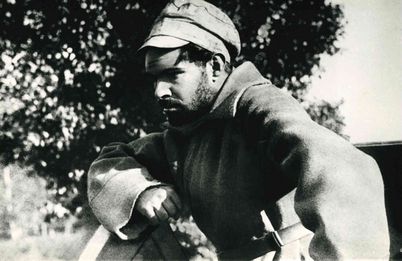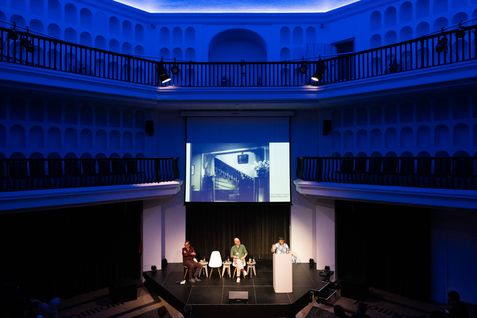![]()
Pioneers of Black British Cinema
The Pioneers of Black British Cinema series will take place at City Kino Wedding from 27 to 29 June. The filmmaker Ngozi Onwurah will be present in person.
![A map of Berlin with the logo and lettering of "Arsenal on Location".]()
Interaktive Map: Arsenal on Location
In 2025 Arsenal is going on tour. Film programs will be created in collaboration with numerous cultural institutions in Berlin, throughout Germany and internationally.
![]()
Arsenal 3 – Film Streaming
The streaming platform Arsenal 3 presents selected films from Arsenal’s collection for online viewing. As an extension to the Arsenal on Location program, stream Filipa César and Marinho de Pina’s Resonance Spiral free of charge starting March 18.
![Visualization of the cinema entrance with the lettering arsenal and a program poster.]()
The future main entrance of Kino Arsenal is located on Plantagenstraße on the north side of silent green
Arsenal 2024-2026
Relocation, Travel, New Cinema – here you will find information about the planned relocation of the Arsenal.


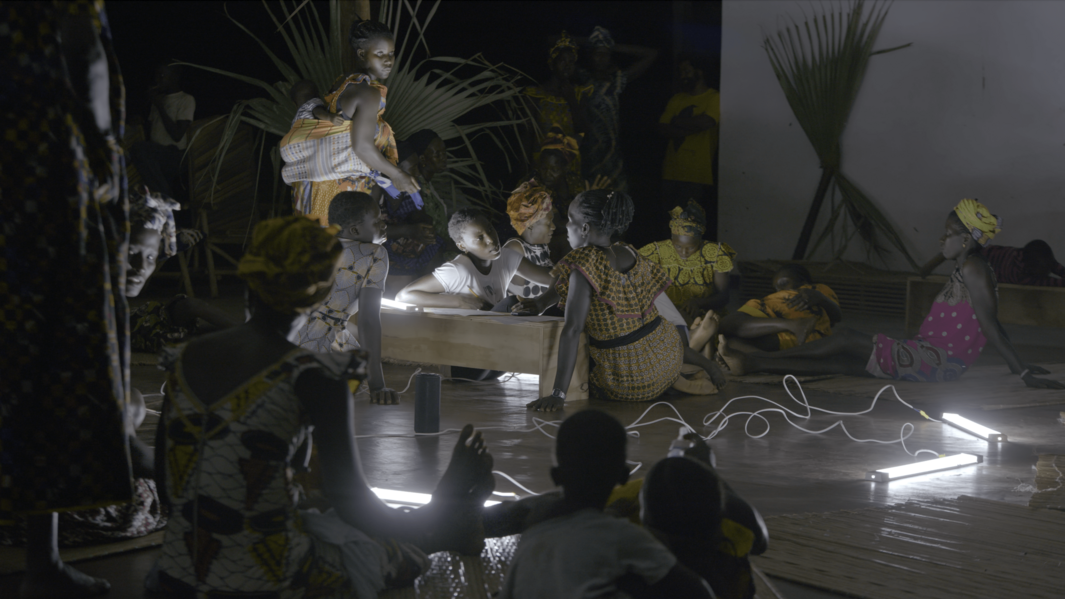
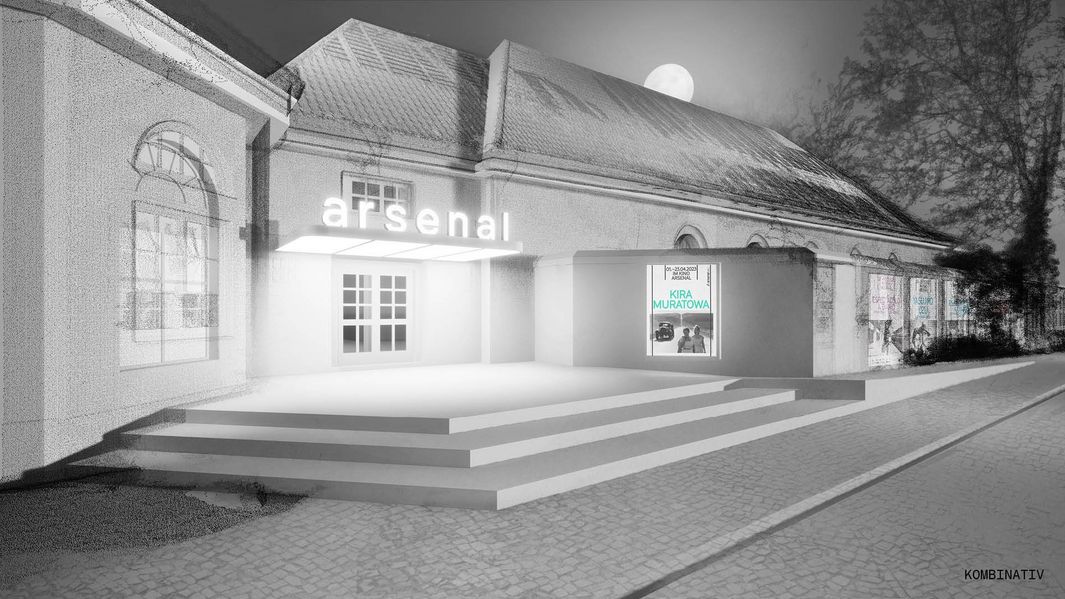
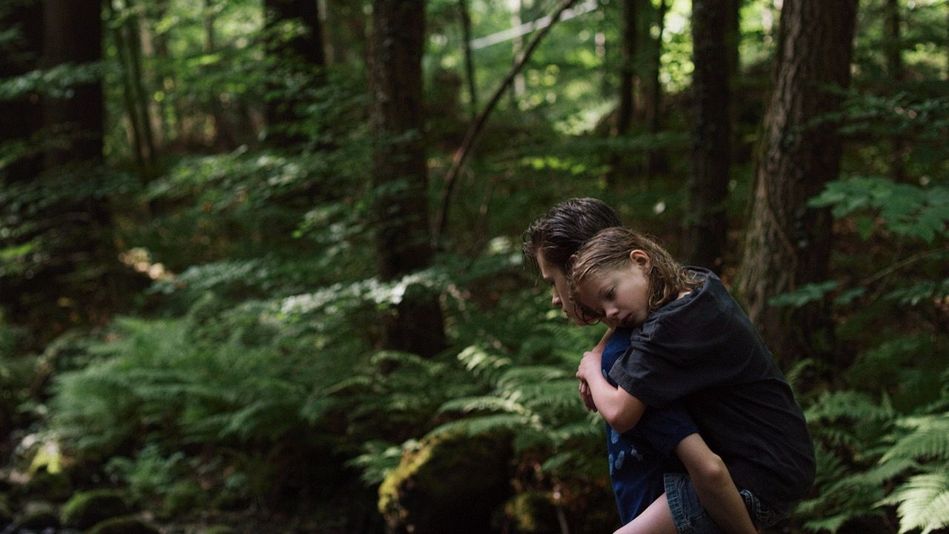

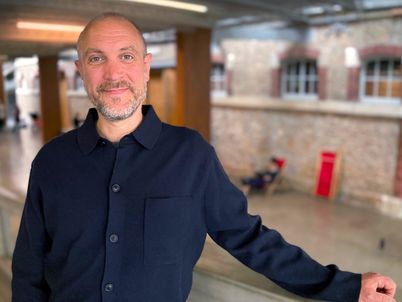
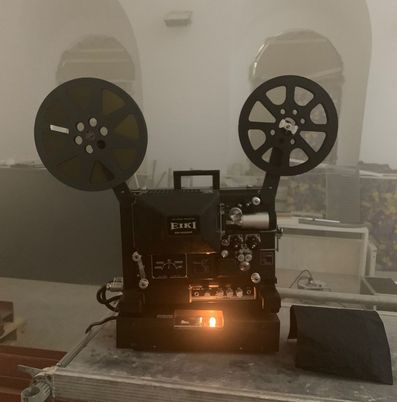
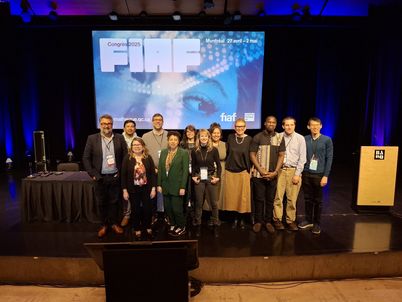
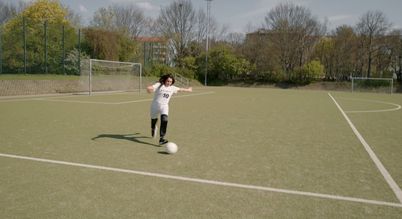
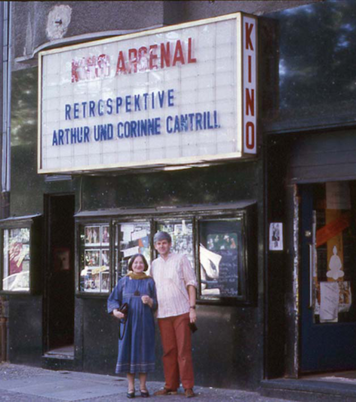
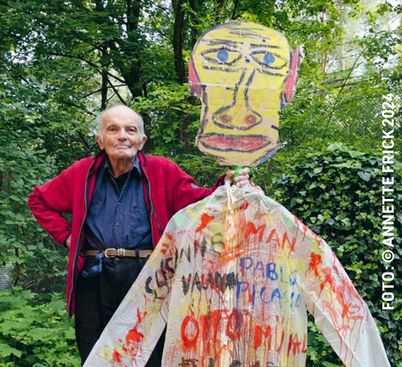
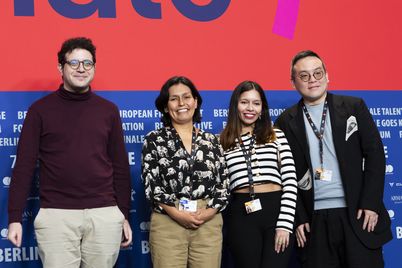
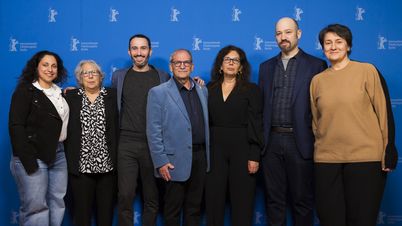
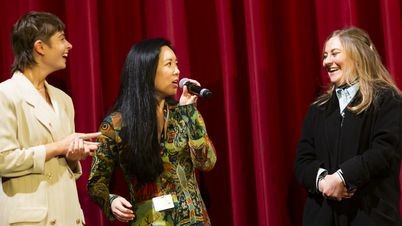
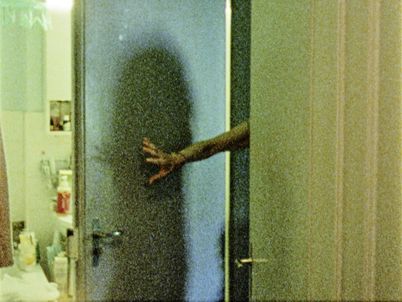

![[Translate to English:]](/assets/_processed_/0/2/csm_arsenal_on_location_m_9c2eca5976.jpeg)
